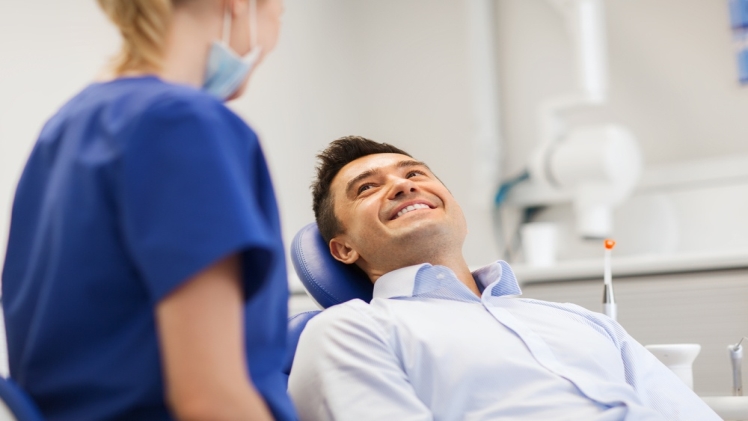Do you have sleep-related problems that affect your quality and quantity of sleep? Do these problems play a significant role in disrupting your sleep patterns? Chase Dental Sleepcare is a modern, up-to-date facility that deals in professional dental sleep medicine for sleep apnea and other sleep-related disorders. Their professional medical team deals with custom-made, adjustable devices that are key in managing these problems. More information about dental sleep medicine can be found below.
What is Dental Sleep Medicine?
Dental sleep medicine is where certified dentists undergo special training to use oral appliance therapy to treat sleep-disordered breathing. Obstructive sleep apnea and snoring are also treated. In conjunction with the dentists and other healthcare professionals, a team of medical sleep specialists comes together to optimize treatment options for a patient. The first step for a patient with a snoring problem should be the dentist.
There are other areas of particular interest concerning these problems, which include:
- Temporomandibular joint dysfunction
- Sleep Bruxism is also known as nighttime grinding of teeth
- Craniofacial pain
Diagnosis of Obstructive Sleep Apnoea
A medical professional makes a diagnosis only when a certified dentist screens and assesses to determine risk and offers referrals in cases that may need further diagnosis.
The sleep specialists will arrange to assess the patient with an overnight sleep study in the hospital. The patient can also be provided with equipment, including heart rate sensors, a breathing sensor, and an oxygen sensor to monitor their sleep at home.
How do oral appliances work?
There are a variety of oral appliances that can be used in combating sleeping disorders. Some of these appliances can be custom-made depending on the individual patient’s specific condition and the technique agreed upon for solving the problem.
Continuous Positive Airway Pressure is usually the standard treatment for sleep-disordered breathing. A nasal or face mask is connected to a pump which produces a positive flow of air that keeps the airway open. Custom-made oral devices are usually most preferred by patients and the treatment of choice for mild apnoeic and snorers.
A qualified dentist inserts the patient with an intra-oral device, i.e., a mandibular repositioning device(MRD) over the teeth. It pulls the lower jaw forward, thus creating additional room at the back of the throat for the tongue and loose soft tissue. The flexible soft tissue often causes airway obstruction hindering the patient from breathing normally.
A dentist can also fit a mouthguard or an MRD to manage the patient’s grinding or clenching of their teeth while sleeping. Comprehensive clinical consultation is vital as many patients with sleep bruxism also have sleep-disordered breathing. There are several intra-oral appliances depending on the individual patient’s case. Some MRDs allow lateral and vertical mandibular movement while others lock the mandible in position.
Sleeping disorders can be a nuisance to the individual or even their partners as they may hinder them from getting any consistent sleep at night. This may significantly affect your quality of life as lack of enough sleep may result in an individual not being productive the following day. Visit our website or call our offices in New York City, NY, to book a consultation.

